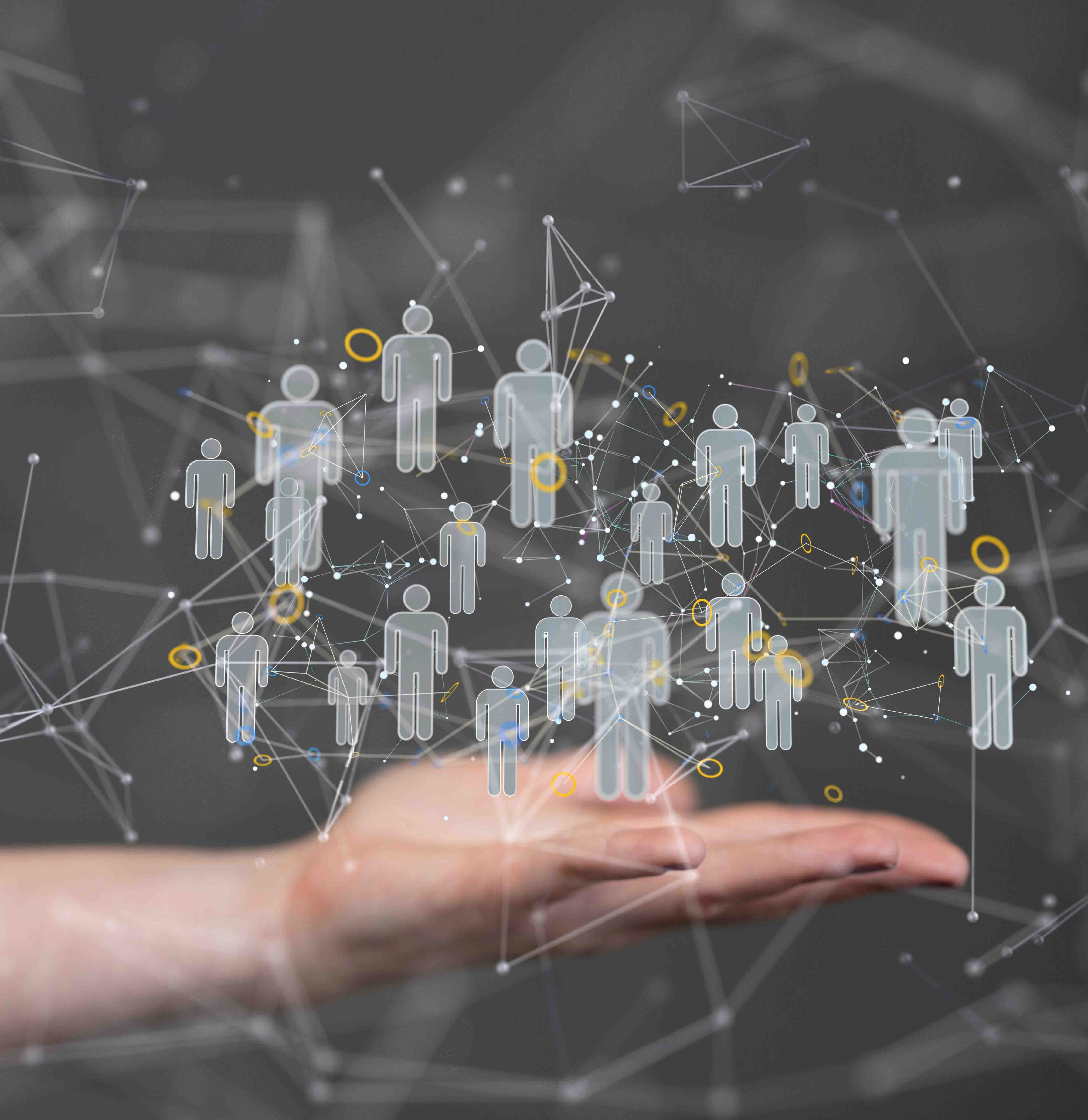What is the Fourth Industrial Revolution?
The World Economic Forum on the Middle East and North Africa is fast approaching and will be hosted on the 6-7th of April in the Dead Sea region of Jordan. The forum will address and discuss items predicted to be the biggest challenges for the Middle East and North Africa. The prevailing theme of the forum itself will be an Arab Fourth Industrial Revolution.
Meanwhile in Hannover, Germany, happening right now is Hannover Messe, April 1-5, one of the world’s most popular technology events. Again, the core focus of this huge and influential exhibition is the Fourth Industrial Revolution and the new technology surrounding this revolution.
As a leading theme globally it is an extremely important topic, but what exactly is the Fourth Industrial Revolution?
For those of you unfamiliar with the term and unfamiliar with the industries affected by this revolution, it can be quite a confusing subject and although coined as a marketing buzzword, with the way technology is changing, the Fourth Industrial Revolution cannot be ignored.
The First Industrial Revolution was characterised as transitioning hand production to machine production, introducing power in factories such as steam power and water power. The Second Industrial Revolution was responsible for the introduction of electrical energy and mass production. The Third Industrial Revolution was related to the introduction of technology using electronics and information technology.
The Fourth Industrial Revolution also popularly referred to as Industry 4.0, in a nutshell is essentially a technological and automation revolution that is currently occurring shifting the way that we use technology in everyday life and the workforce in a big way.
Some of the very basic key components of Industry 4.0 are big data, the internet of things (IoT) and smart factories. As the future unfolds, computers and cyber-physical systems are forming the ability to communicate information to each other capturing and interpreting data without human input. As more machines become digitally connected to each other via the Internet of things more data is captured on a large scale increasing the accuracy and ability of data, making data smarter.
Smart phones, smart devices and cloud storage, already an existing adoption in everyday life are connecting us as humans. In the workforce however, on a bigger scale, machines are being linked. One of the biggest industries experiencing the full effects of the Fourth Industrial Revolution is manufacturing.
Machines in manufacturing factories are being connected through cyber-physical systems and the Internet of things to become smart machines that are using networks, capturing live data and making smarter decisions for running production lines and supply chains. As a result, factories are reducing waste, becoming more efficient, more reliable and producing more accurate lead times and output figures, based on this smart data. Factories incorporating these types of technologies are becoming known as smart factories and are being coined as, ‘Factories of the future’.
There are so many huge exhibitions, forums, websites, companies and publications discussing Industry 4.0. Professionals working in STEM fields (science, technology, engineering, math) are at the centre of the revolution and are of course well informed but if you don’t work in these fields it is easy to stay on top of the latest news through social media, news articles, whitepapers and blogs.
 All Courses
All Courses
 Business Administration
Business Administration Chemical Engineering
Chemical Engineering Communications and Public Relations (PR)
Communications and Public Relations (PR) Compliance and Legal
Compliance and Legal Contract and Project Management
Contract and Project Management Customer Experience and Relationship Management
Customer Experience and Relationship Management Energy and Sustainability
Energy and Sustainability Finance and Accounting
Finance and Accounting Health, Safety and Environment
Health, Safety and Environment Hospitality & Tourism
Hospitality & Tourism Human Resources and Talent Development
Human Resources and Talent Development Industrial Manufacturing and Production
Industrial Manufacturing and Production Innovation and Artificial Intelligence (AI)
Innovation and Artificial Intelligence (AI) Leadership and Management
Leadership and Management Oil and Gas
Oil and Gas Procurement & Supply Chain Management
Procurement & Supply Chain Management Quality and Productivity
Quality and Productivity Retail and E- Commerce
Retail and E- Commerce Sales and Marketing
Sales and Marketing Sports Event Management and Operations
Sports Event Management and Operations Strategy and Business Planning
Strategy and Business Planning Sustainability and CSR
Sustainability and CSR Learning Solutions
Learning Solutions
 About Us
About Us
 iLearn Blog
iLearn Blog
 Directory Calendar
Directory Calendar
 Contact Us
Contact Us
 All Courses
All Courses
 Business Administration
Business Administration Chemical Engineering
Chemical Engineering Communications and Public Relations (PR)
Communications and Public Relations (PR) Compliance and Legal
Compliance and Legal Contract and Project Management
Contract and Project Management Customer Experience and Relationship Management
Customer Experience and Relationship Management Energy and Sustainability
Energy and Sustainability Finance and Accounting
Finance and Accounting Health, Safety and Environment
Health, Safety and Environment Hospitality & Tourism
Hospitality & Tourism Human Resources and Talent Development
Human Resources and Talent Development Industrial Manufacturing and Production
Industrial Manufacturing and Production Innovation and Artificial Intelligence (AI)
Innovation and Artificial Intelligence (AI) Leadership and Management
Leadership and Management Oil and Gas
Oil and Gas Procurement & Supply Chain Management
Procurement & Supply Chain Management Quality and Productivity
Quality and Productivity Retail and E- Commerce
Retail and E- Commerce Sales and Marketing
Sales and Marketing Sports Event Management and Operations
Sports Event Management and Operations Strategy and Business Planning
Strategy and Business Planning Sustainability and CSR
Sustainability and CSR Learning Solutions
Learning Solutions
 About Us
About Us
 iLearn Blog
iLearn Blog Directory Calendar
Directory Calendar
 Contact Us
Contact Us














































 Course category
Course category Course Venue
Course Venue
